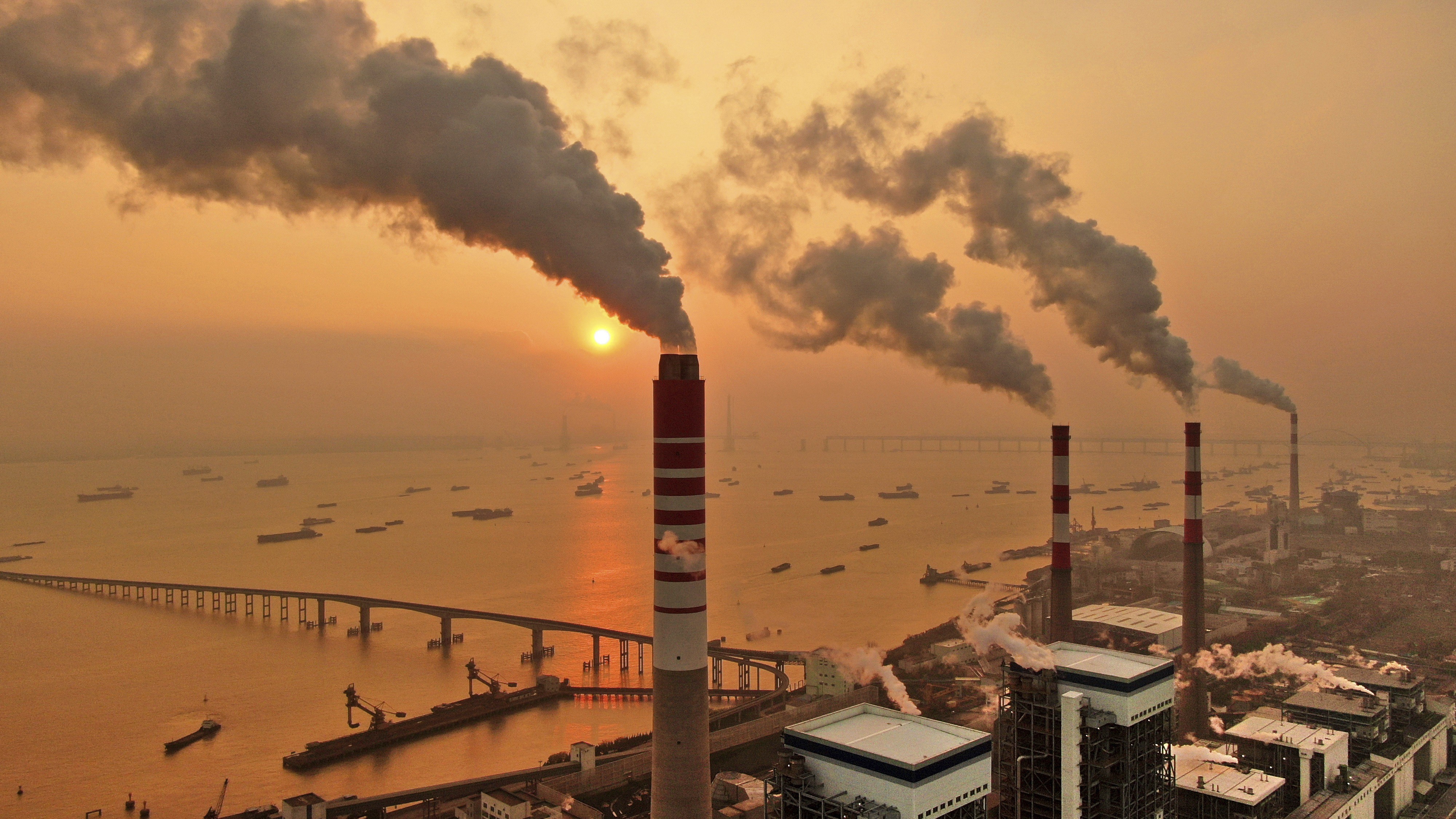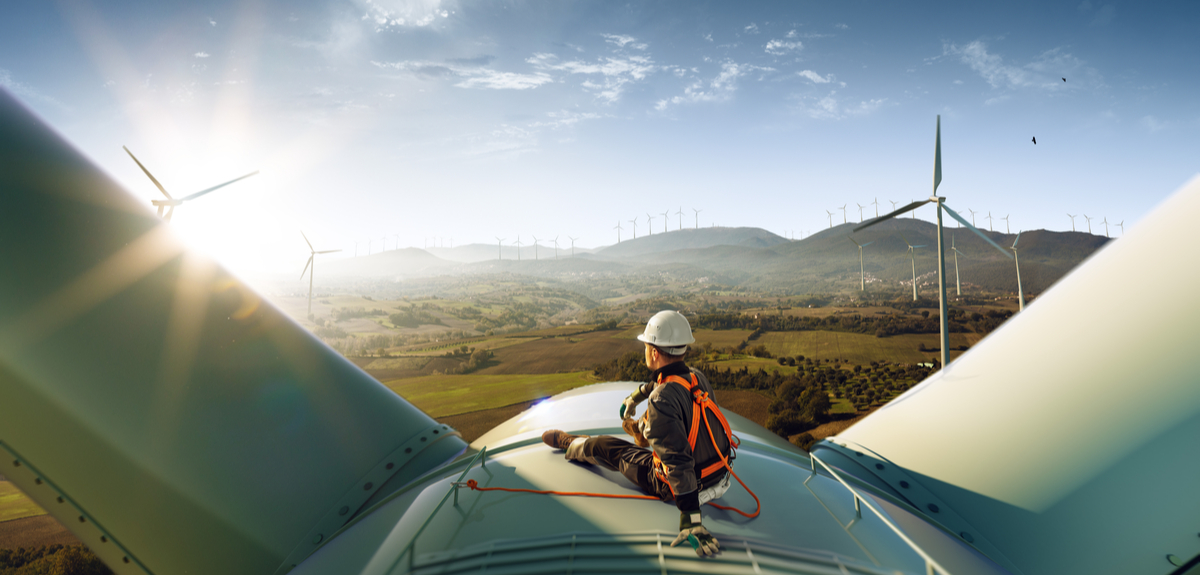- Apr 18, 2005
- 30,985
- 26,723
- AFL Club
- Melbourne
The Ross Garnaut article I posted the other day gives you a fairly succinct response to the affirmative.The underlying premise of this thread is
" Anthropogenic CO2 is causing dangerous warming to the planet. "
If you don't believe it then treat it like an if.
If Antropogenic CO2 is causing dangerous warming to the planet, can Australia do anything about it with their environmental policy?








